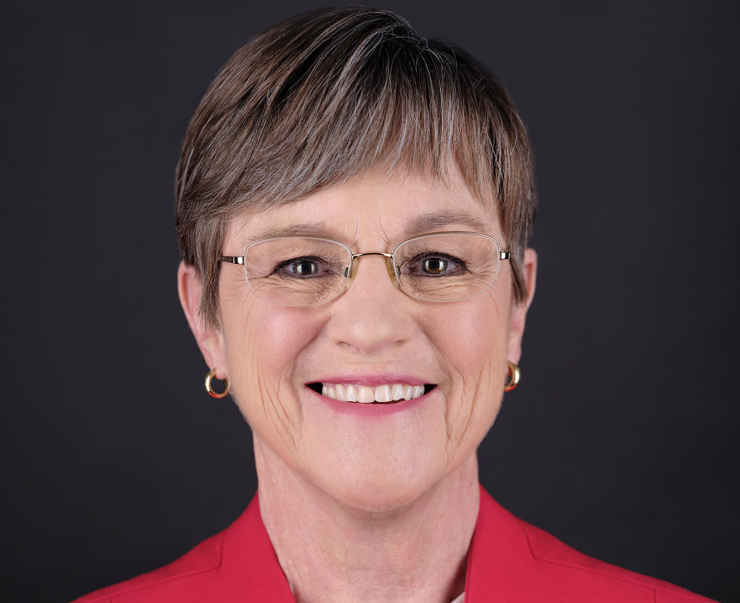Kansas Gov. Laura Kelly expected more from her first budget as the Sunflower State’s chief executive, but the Democrat still praised Republican lawmakers for the $18 billion spending plan they brought her.
“We came into quite a mess in January,” Kelly said after the session ended last week. “We’ve worked tirelessly to rebuild our state, so we can efficiently and effectively deliver the services Kansans expect. A lot of progress has been made, but we still have work to do.”

Kelly, a Democrat presiding over a Republican-controlled House and Senate, focused on funding for public schools as her most notable accomplishment. The passage of bipartisan legislation added $90 million more for schools to the $800 million added over the last two years. These investments have the potential to put an end to the cycle of litigation around this issue, Kelly said.
“As I’ve said, I will be the education governor Kansas deserves,” Kelly said. “This legislation represents a significant investment in the future of our students and our state.”
Kelly, a former state senator from Topeka, also noted the steps taken to repair Kansas’ foster care system. The Legislature endorsed the governor’s budget proposal to align Kansas guidelines with the Family First Prevention Services Act, allowing the state to draw down millions in federal funds to help families before they need support from the foster care system.
Kelly also began the process of reducing transfers from the “Bank of KDOT,” the money from the state’s highway transportation program.
The fund was used by the Legislature in past years to pay for programs unrelated to the transportation needs of the state. Under Kelly’s predecessor, Republican Sam Brownback, highway projects were shelved so that the Kansas Department of Transportation could return funding to the state’s general fund.
“The State Highway Fund is one of Kansas’ most important job-creating tools,” Kelly said. “After years of fiscal crisis, we are finally using the state’s infrastructure dollars to fund infrastructure projects, instead of paying for failed tax policy.”
Kelly also created the Office of Rural Prosperity during the first legislative session, addressing the depopulation of Kansas’ rural counties and the struggles farmers face in an expanding trade war with China.
“As promised, we accomplished all of this without a tax increase,” Kelly said.
Kelly said she regretted the Legislature’s failure to expand Medicaid coverage to the working poor in the final days of the session.
“Because of Senate leadership, thousands of Kansans will go without healthcare for yet another year,” Kelly said. “For some, a year without healthcare can very well mean the difference between life and death. I want Kansans to know they have a champion in the Governor’s office who will keep fighting alongside them until we win this fight — no matter how long it takes.”
On April 18, the state’s Consensus Revenue Estimating Group increased the estimate made last November by $14.9 million amid new tax measures enacted over Brownback’s veto. The elimination of many of Brownback’s tax cuts was designed to end a cycle of revenue shortfalls that prompted borrowing from KDOT and other state agencies.
The estimate for total taxes was increased by $162.0 million, and other revenues were decreased by $147.1 million for three years combined.
With state revenues increasing, Kansas has stable outlooks on its ratings of Aa2 from Moody’s Investors Service and AA-minus from S&P Global Ratings.





